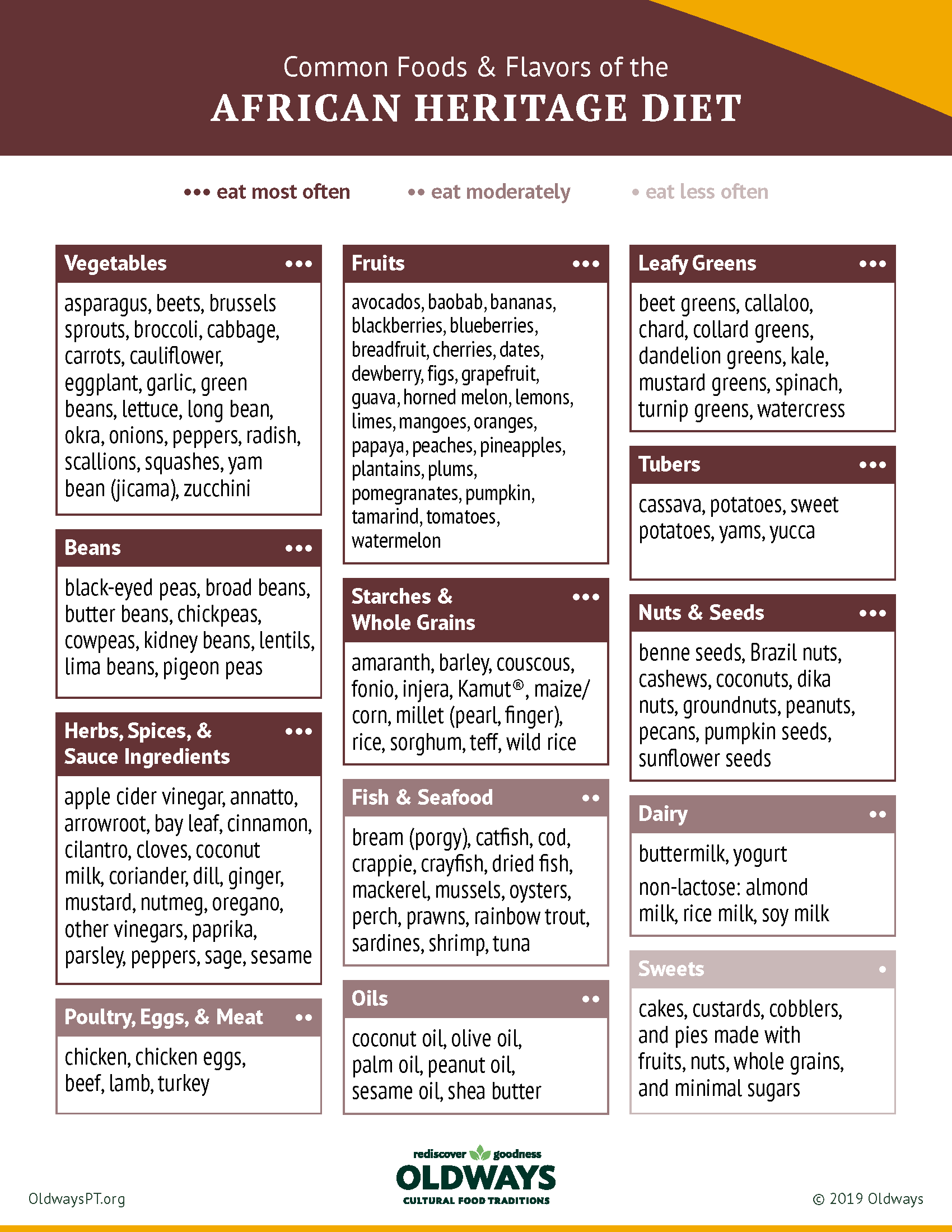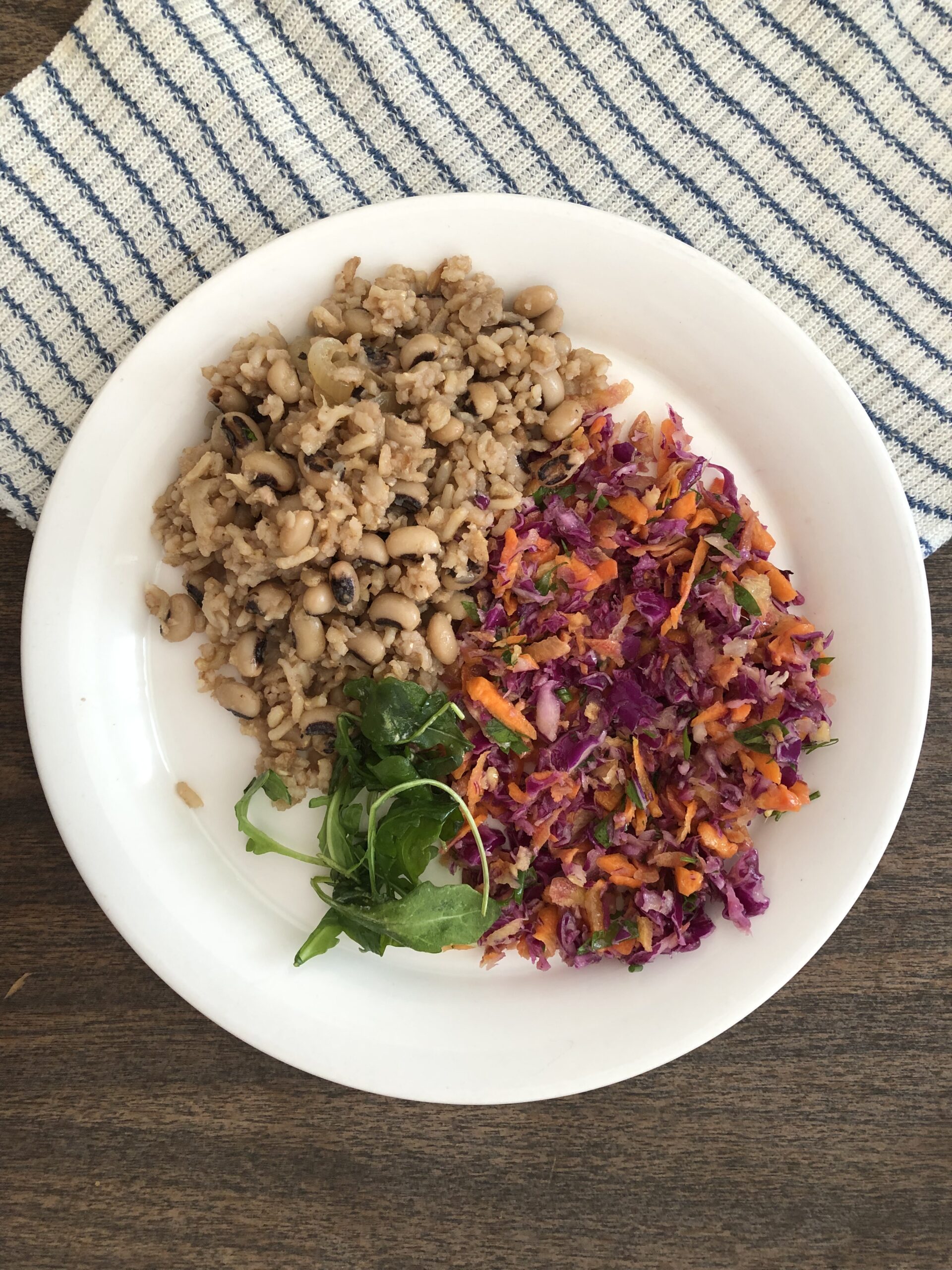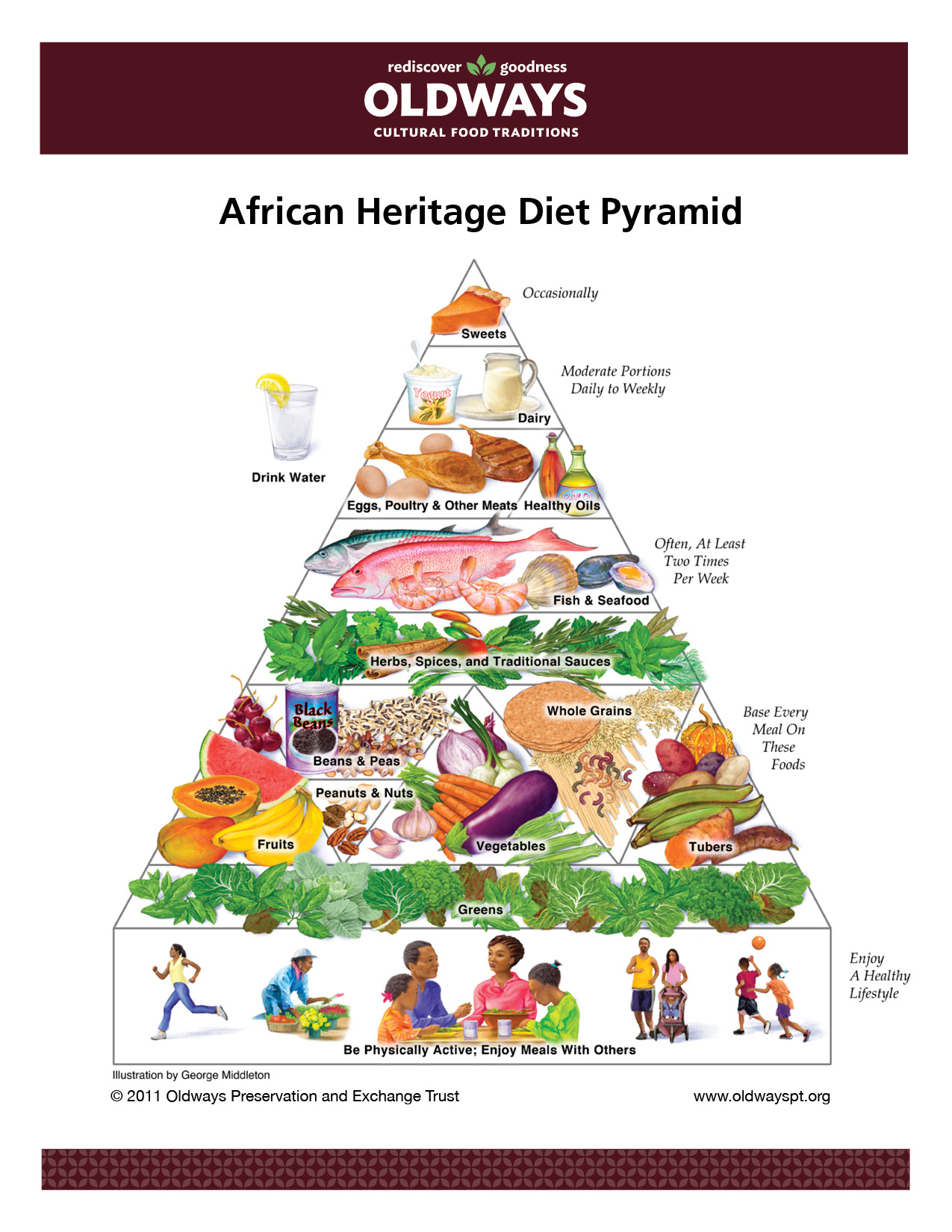Introducing Angela Ginn-Meadow, RD, LDN, RN, CDE: Angela Ginn-Meadow is a distinguished healthcare professional, celebrated for her roles as a Registered Dietitian, Registered Nurse, and Certified Diabetes Educator. With a dynamic approach to education and a fervent passion for food, Angela is dedicated to empowering individuals to make informed choices for improved overall health.
Her impact extends beyond clinical practice; Angela serves as the President of the Advisory Board at Morgan State University’s esteemed nutrition program, where she spearheads efforts to shape the future of nutrition professionals and promote diversity in the field.
Recognized for her expertise in notable publications such as Marie Claire, Food Network, and Better Homes & Gardens, Angela embodies visionary leadership, bridging healthcare and nutrition with compassion and expertise.
With a profound understanding of African American cuisine and cultural heritage, Angela’s holistic approach to nutrition education informs her work, making her an invaluable advocate for better health outcomes across diverse communities. Her commitment to mentoring future nutrition professionals underscores her dedication to fostering diversity and inclusivity in dietetics.
In your opinion, what role does culture play in designing effective nutrition education programs, particularly those focused on the African Heritage diet?
It is crucial to understand that culture is defined by customs and traditions that are passed down from generation to generation. Food, being an integral part of culture, plays a significant role in shaping our nutrition habits. To improve health outcomes, it is imperative to incorporate cultural values in nutrition education.
Could you tell us any key challenges or misconceptions you’ve encountered in promoting culturally relevant nutrition, and how you’ve addressed them?
Ethnic foods are often unfairly criticized for being unhealthy or lacking in nutrition due to Eurocentric ideology in the field of nutrition. However, these foods are some of the healthiest available. As a nutrition educator, I include a variety of ethnic produce and traditional food items to create more diverse and inclusive food lists.
From your experience, what are some success stories or positive outcomes you’ve witnessed in individuals or communities that have embraced the principles of the African Heritage diet?
“I have successfully taught numerous seniors how to cook healthier versions of traditional African American dishes through my project ‘Soil to Table’. By using fresh and nutritious ingredients, I have helped the seniors make healthier choices and substitutions, and in doing so, I have inspired them to embrace a healthier lifestyle. During my cooking demonstrations, I encourage seniors to share their generational food memories and help them learn new ways to incorporate nutritious food into their everyday cooking. I am proud to say that my project has had a positive impact on their health and well-being.”
As a diabetes educator, how do you incorporate culturally relevant nutrition education into your counseling sessions for patients dealing with diabetes and endocrine diseases?
Diabetes is a disease that makes it diffcult for your body to use insulin properly, which can lead to problems digesting food. To manage diabetes, it’s important to eat healthy and be physically active. If you’re African American, you can incorporate foods from your cultural background into your diet. The plate method is a good way to eat healthily when you have diabetes. Fill half of your plate with vegetables like greens, spinach, or cabbage. Fill one-quarter of your plate with starch like brown rice, sweet potatoes, grits, or beans. Fill the other quarter with lean meat. For example, my grandfather ate fish nearly every day, which was a staple food.
Your work with Mocha Foodies and mentoring students at historically black colleges and universities is amazing. How do you see the role of mentorship in shaping the future of African-American nutrition professionals and promoting diversity in the field of dietetics?
“The Mocha Foodies” is an inspiring initiative aimed at advancing careers for African Americans in the field of nutrition. As the President of the Advisory Board at Morgan State University’s nutrition program, I am proud to be associated with a group that is committed to promoting diversity and inclusivity in this field.
However, we are currently facing challenges that may impact minority students’ ability to excel and become registered dietitians at Morgan. Despite our best efforts, African Americans represent only 2% of registered dietitians in the United States. This is concerning because patients affected by chronic disease are at a higher risk due to their ethnic backgrounds, and minorities are disproportionately affected by chronic diseases compared to their European counterparts.
Fortunately, there is an organization called “Diversity and Dietetics” that has taken the baton and is promoting minorities in the field of nutrition. Their efforts are commendable as they strive to increase the representation of minorities in health and nutrition.
We need more minorities in the field of health and nutrition to be culturally appropriate and provide food references that are passed down from generation to generation. It is only by working together that we can advance careers for African Americans in the field of nutrition and provide better health outcomes for everyone.
How have you successfully involved communities in embracing healthier lifestyles, and what approaches have proven to be effective in this process?
Cooking demos effectively showcase healthy lifestyles by presenting creative ways to prepare and consume familiar ingredients. In my series “Getting Back to Basics,” we focused on the benefits of whole foods and shared nostalgic stories of childhood memories associated with them. Food is not just nutrition but also love, memories, and nutrients.
How has your background and cultural heritage influenced your approach to promoting nutrition education regarding the African Heritage diet?
“I am an African American Registered Dietitian and Nurse who understands the cultural and ingredient history of African American cuisine. I use this knowledge to help individuals make healthy lifestyle choices using the African American heritage pyramid. Our challenge is to teach younger generations about the diverse food landscape of the diaspora while maintaining a healthy diet.”
Can you share specific insights into the importance of preserving and promoting African heritage through culinary traditions and how it connects with nutrition and health?
If we eat from our roots, our plates would be full of complex carbohydrates, lean proteins, healthy oils, and fiber. Our ancestors grow and cultivate ingredients for our overall health and well-being. My grandfather lived to the age of 96, eating whole foods and rich from our culture.










Leave a comment